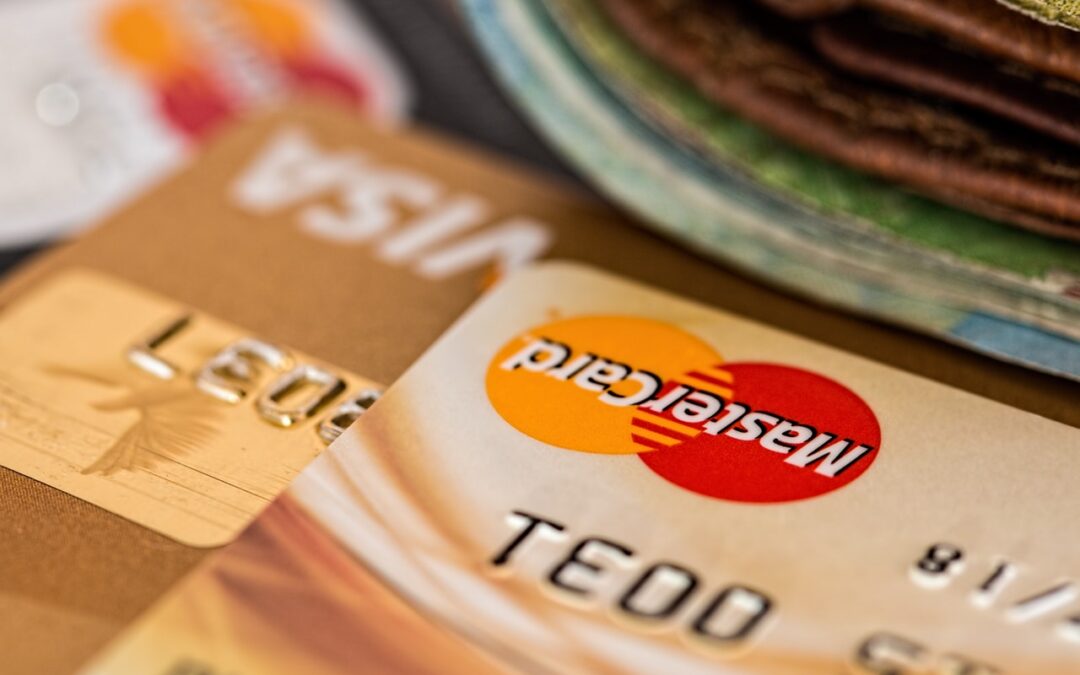A Financial Tool
Debt consolidation for bad credit often makes the headlines as a great tool to help people struggling with debt and low credit scores to improve their financial situation, and it seems to make sense initially. Rather than having numerous debts to pay, debt consolidation offers the opportunity to pay off all of your loans and credit cards. This allows you to have just one payment to make every month. Theoretically, this makes sense, but it’s also important to consider the potential risks of debt consolidation.
Multiple loans and credit cards come with different interest rates. Combining these multiple debts into one new loan can potentially give you a better interest rate. It could also improve your credit as long as you follow the plan to pay off your debts.
The most important factors that determine the outcome of debt consolidation are your individual financial situation and the consolidation option that you want. In addition, you need to approach it with a great deal of discipline and a positive attitude. Also, a proper understanding of the concept of debt consolidation would help you to know the extent of its risks.
Methods of Debt Consolidation
You can consolidate your debts through the following ways:
- Personal loans: The idea here is to apply for a low-interest personal loan and use the money to pay off all of your loan and credit card balances together. This is the most popular option, and you can easily get these short term loans online.
- Through a debt settlement company: Certain companies offer programs that promise to negotiate with your creditors and secure lower payments every month for you. Then you simply make a consolidated payment to this company, and they make the payments to your creditors for you. Usually the creditors will agree to pause additional finance charges or settle for a smaller balance during the repayment period so it’s easier for you to pay down the balance.
Similarly, debt consolidation could also be achieved through secured or unsecured loans. In a secured loan, the interest rates are lower, so it is easier for you to make the monthly payments. However, since your assets (car, house, etc.) would serve as collateral for the loan, if you cannot afford to pay it back, you could lose these assets. A home equity loan is an example of this method.
On the other hand, with unsecured loans, there is no risk to your assets. However, interest rates are higher than with secured loans, and they might be harder to get approved for at some banks. If you are a subprime borrower, meaning your credit score is low, you could still get approved through a lender that offers online personal loans for bad credit.
The Risks of Debt Consolidation
Before considering consolidating your debts, you must assess the risk involved and weigh all of your options. These risks could be financial, psychological, or even social.
- You may end up not saving anything: Unfortunately, there are no guarantees that you would get lower interest rates with debt consolidation. The interest rate may be higher, depending on your debt consolidationmethod. If you do not stay current with your repayment agreement, the penalty might be higher than you expected. Therefore, in reality, you might just be shuffling your money around.
- It does not reduce your overall debt: Unlike debt relief, you have to pay off every single debt that you owe along with the accrued interest. Also, remember that your valuable collateral could be at stake, and failure to pay back would mean forfeiting them.
- Relapse: Just like an addiction, you might find yourself in debt again. It is common for people who consolidate their debts to get new balances on old credit cards. Unless you make a conscious effort to avoid the circumstances that originally put you in debt, all of your hard work and energy you put in to paying off your debt consolidation loan could go to waste.
- It is ineffective with huge debts: Financial analysts say that if you have a debt-to-income ratio greater than or equal to 40%, then you should stay away from debt consolidation. This statistic shows that you might be finding it difficult to even keep up with the minimum monthly payments. If your expenses are too high and you need help paying bills, debt consolidation may not provide the relief you are looking for. Therefore, unless you have a super low-interest consolidation plan, it might be more advantageous to consider other alternatives, like debt relief.
- Longer period in debt: Since you are “buying time” with debt consolidation, it only means that you would be in debt for a longer period. Most people opt for the option of extending the payment time rather than a lower interest rate. Consequently, you would end up paying more interest for those additional years.
- Overconfidence: The relief that comes with your financial burden being reduced might make you overconfident with regard to your financial state. If that happens, you could relax, get carried away with your spending habits, thus forgetting about the initial problem and incurring large debts all over again.
- Lower credit scores: Like a double-edged sword, debt consolidation for bad credit can either increase or decrease your credit score. Obviously, if you make your monthly payments on time, your credit score will start to increase. However, if you are late on your payments or you don’t cancel some of your old credit cards, your debt consolidation efforts could actually damage your credit score.
- Getting scammed: There are many consolidation scams out there, promising rates that are too good to be true. Hidden within all these plans, however, are outrageous penalties for any missed payments and other unfavorable terms. Do your homework by comparing interest rates, checking for reviews about the consolidation company, consulting the better business bureau, or just totally avoid them altogether.
Is Debt Consolidation Bad?
Some people believe debt consolidation for bad credit is bad because in some cases the risks could outweigh the benefits. There can be a lot of logistics involved, and for the consolidation plan to work, a lot of conditions have to be met, without fail. Therefore, unless you have a steady income to make your monthly payments, you are drowning in debt, and there is practically no other way out, you might want to look at other options besides debt consolidation. That being said, it can still be a great solution for those who have a steady income, who are disciplined and committed, and just need a little help simplifying their financial situation.
Bottom Line
The most important thing is to identify the cause of your high debt balances in the first place and then figure out how you can prevent it from happening again. This may require you to change your spending habits, think of better ways to save, and make healthier financial decisions. You may also need to make a budget to help you to track your spending. Also, there is always the option of renegotiating with your creditors for better rates. You’d be surprised how many credit card companies will offer you a better rate if you simply call and ask for one.
Debt consolidation only gives you a temporary break from your financial burden. Unless you come up with a very specific plan to repay your debts and avoid getting into too much debt again, debt consolidation probably won’t help you in the end. The false sense of security and other potential risks could make it ineffective for you. However, lots of people have been highly successful at paying their debts off through debt consolidation! You just need to do your research and very critically weigh your options, with realistic expectations, and then proceed if you feel like it’s something you can benefit from. Good luck and choose wisely!
Check Your Loan Rates
Answer a few short questions to see which personal loans you pre-qualify for. It’s quick & easy, and it will not impact your credit score.

Mike Lombardi, MBA
Personal Finance Expert
Mike Lombardi earned his bachelor’s degree in Finance, as well as his MBA in Economics. He has been in the personal finance industry for 24 years. He spent 12 years working for a large bank as the loan operations manager before switching gears and managing client portfolios at a small wealth management firm. He enjoys helping people develop and implement a personal budget, formulate a strategy to improve their credit scores, and show them how to work towards becoming debt free by designing a debt reduction plan unique to each person’s situation.

